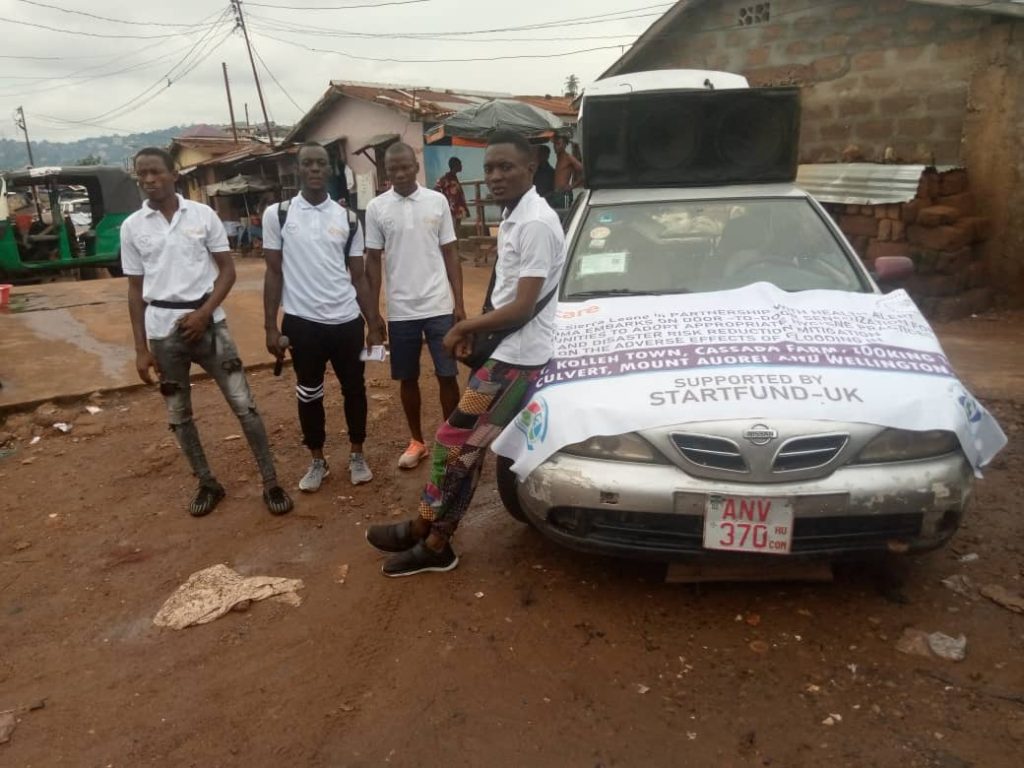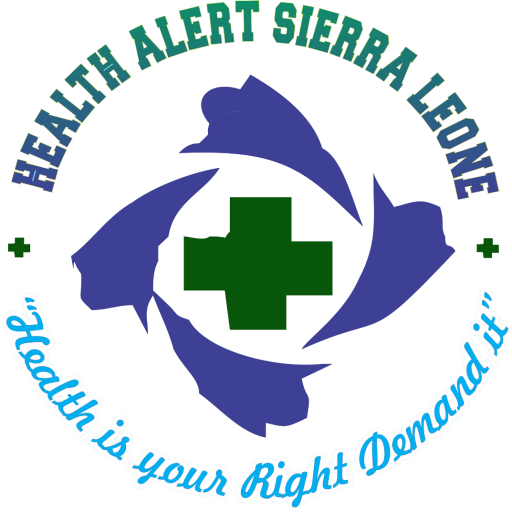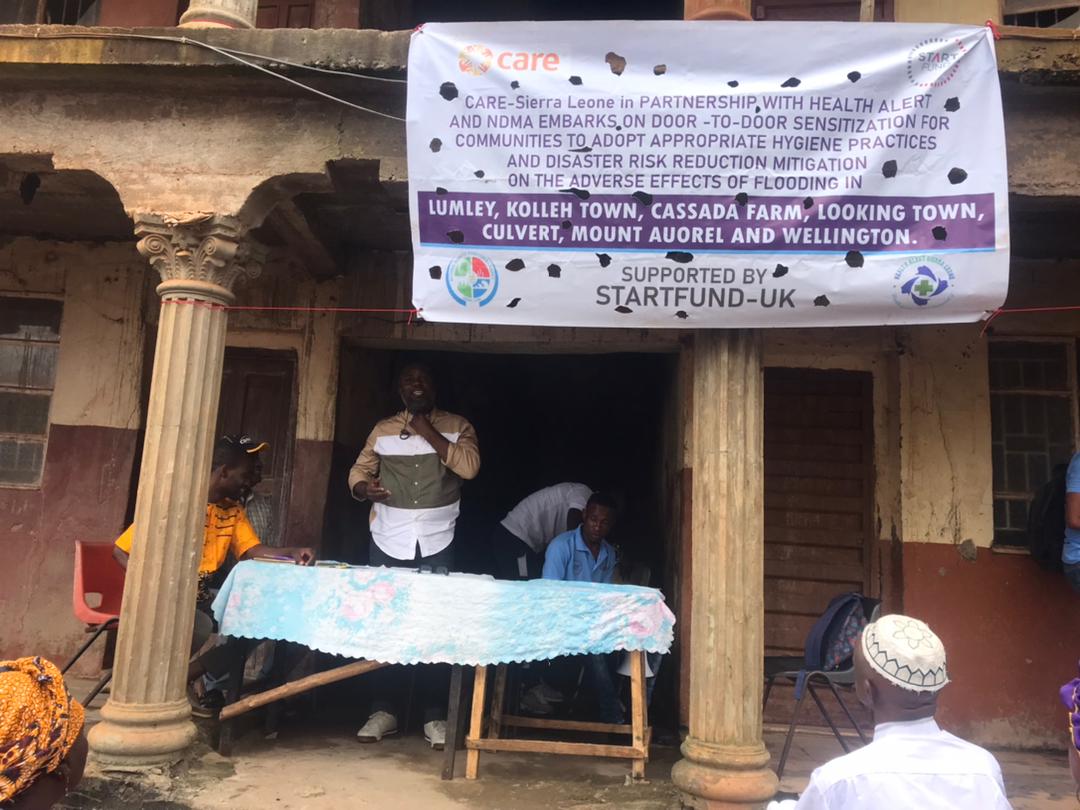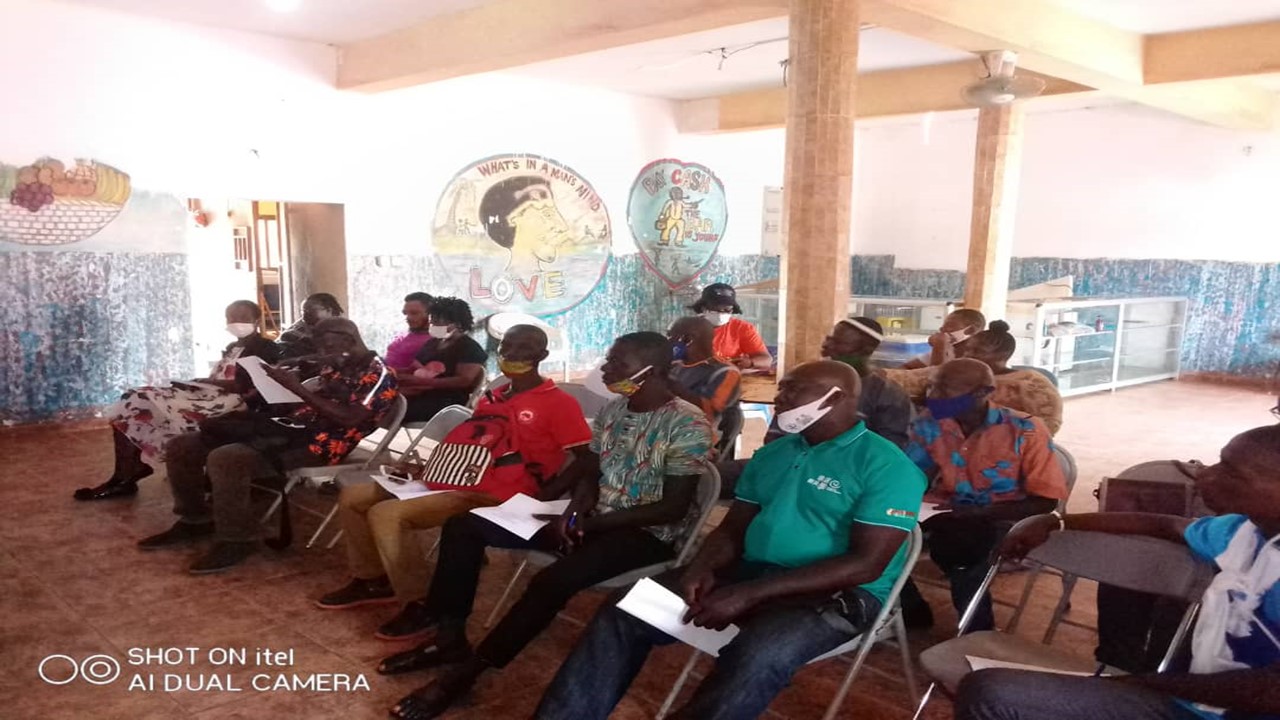Health Alert Sierra Leone (HASIL) implemented activities in seven communities affected by the August 28th flooding to deliver key messages on disaster risk reduction mechanisms, disease prevention, and hygiene practices.
Community Meetings

HASIL conducted meetings in Mount Aureole, Cassava Farm, and Lumley communities. During these meetings, project staff discussed disaster risk reduction mechanisms, hygiene practices to prevent diseases, and the causes of flooding in the communities.
Mount Aureole Meeting (September 26th): 58 participants (23 females, 34 males)
Cassava Farm Meeting (September 28th): Participants echoed concerns about the registration process for receiving relief supplies and cash transfers, feeling they were unfairly excluded. Discontent with the distribution process led some to disregard the importance of the delivered messages.
Lumley Meeting (September 30th): Chief Yabom Posseh and Councilor Unisa echoed concerns about the registration process and the number of beneficiaries allocated to Lumley. They urged participants to take precautions to prevent flooding and disease.
Door-to-Door Visits
HASIL conducted door-to-door visits in all seven communities on four occasions. Project staff spent 20 minutes with participants in each household, delivering key messages and addressing questions and concerns.
September 26th and 28th: 2,911 participants (1,873 females, 1,038 males)
September 30th and October 1st: 3,994 participants (2,396 females, 1,598 males)
Mass Sensitization/Campaign
A Public Address (PA) system mounted on vehicles was used to deliver key messages in all seven communities on September 27th. In areas where vehicles could not reach, messages were transferred to SD memory cards and played on megaphones.
6,510 participants reached (3,558 females, 2,952 males)
Follow-up Monitoring
HASIL staff visited households in all seven communities on September 29th to assess the progress of the delivered messages and address any concerns.
1,211 participants reached (665 females, 546 males)
Community Concerns
The registration process for receiving relief supplies and cash transfers was a major concern. Many participants felt they were unfairly excluded.
Discontent with the distribution process led some to disregard the importance of the delivered messages.
Poor drainage systems and people building structures along waterways were identified as causes of flooding.
Challenges
Many participants were aggrieved by the registration process and did not allow HASIL staff into their homes.
Adherence to key messages was undermined by people who felt unfairly excluded from receiving aid.
Some roads were difficult to reach due to flood damage.
Verbal attacks by community members frustrated project staff.
Recommendations
Continued awareness raising on disaster risk reduction mechanisms is crucial for all seven intervention communities.
Training Community Disaster Management Committees (CDMCs) on awareness raising skills would empower them to continue educating their communities.
Improved drainage systems in all seven communities would significantly reduce the risk of future disasters and improve public health.
Support is needed to:
Conduct trainings for community groups on awareness raising skills.
Carry out a massive cleaning exercise of drainages and waterways in all seven communities.


